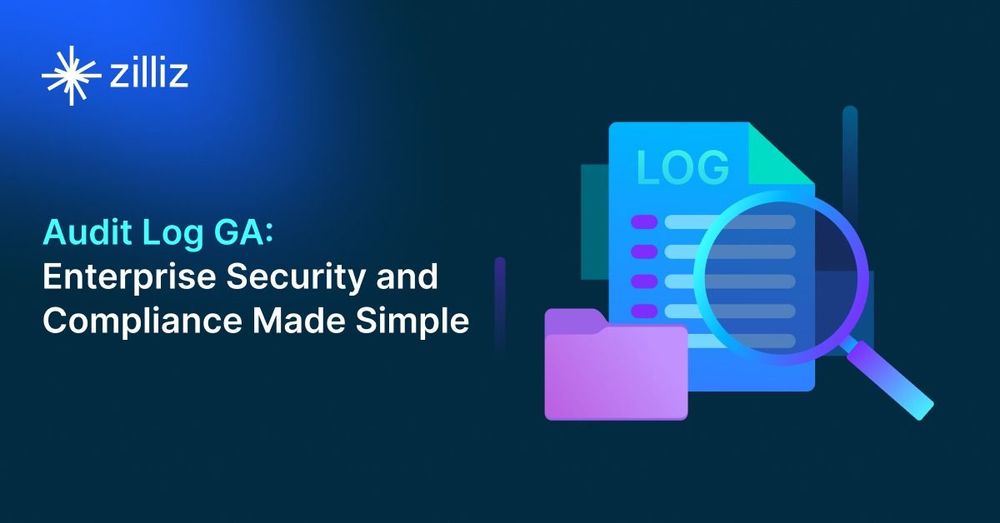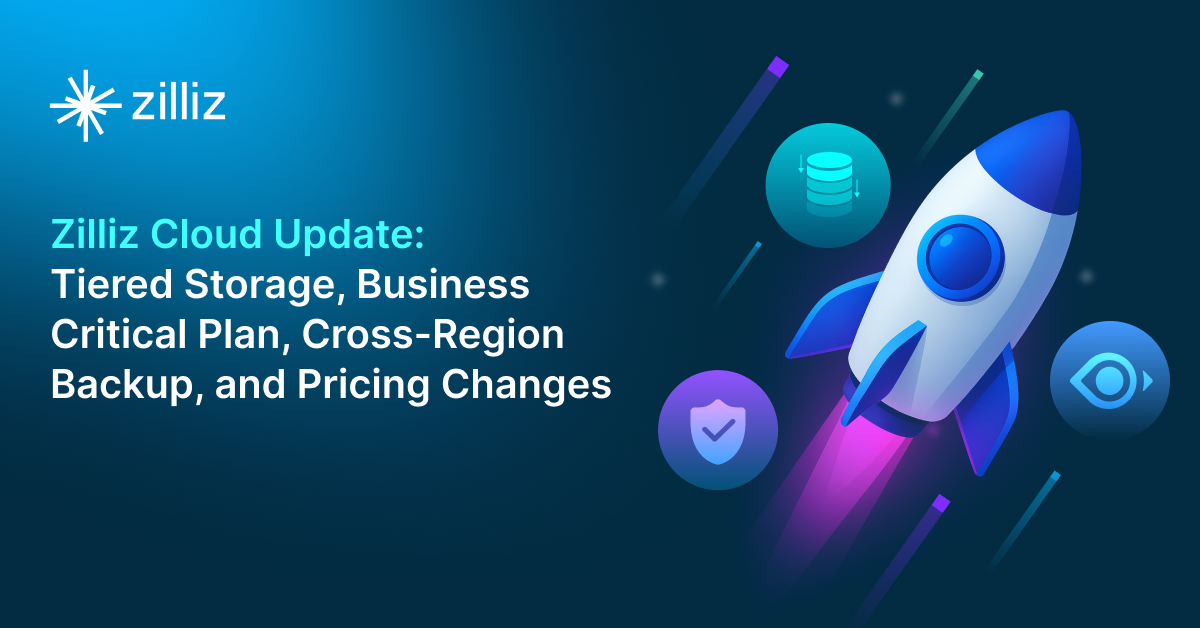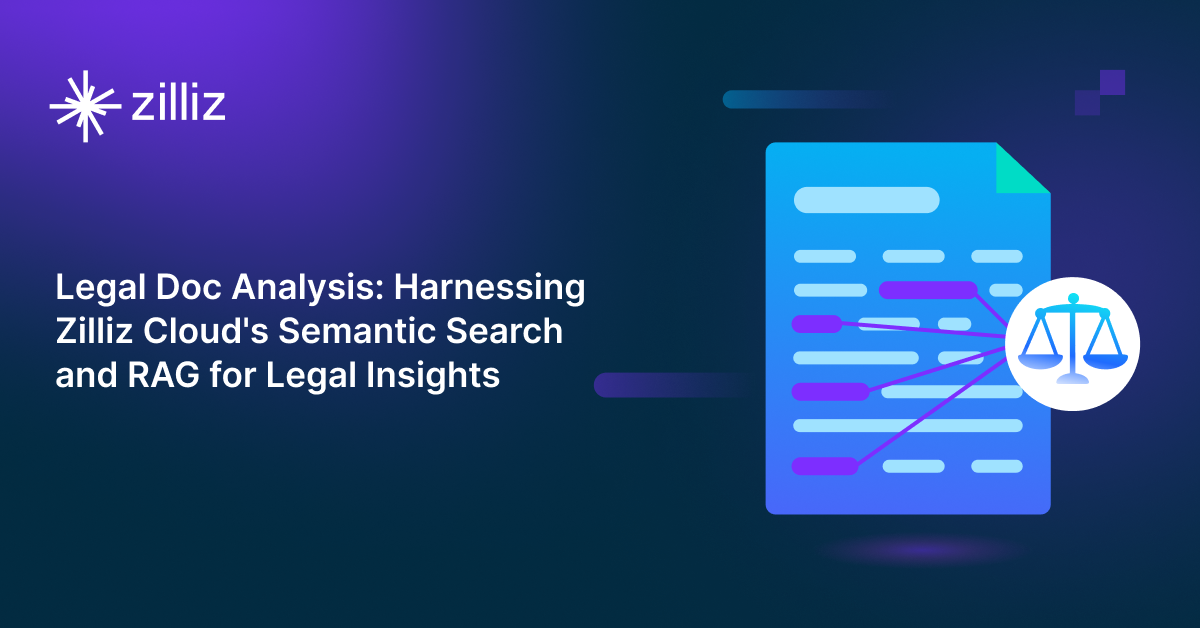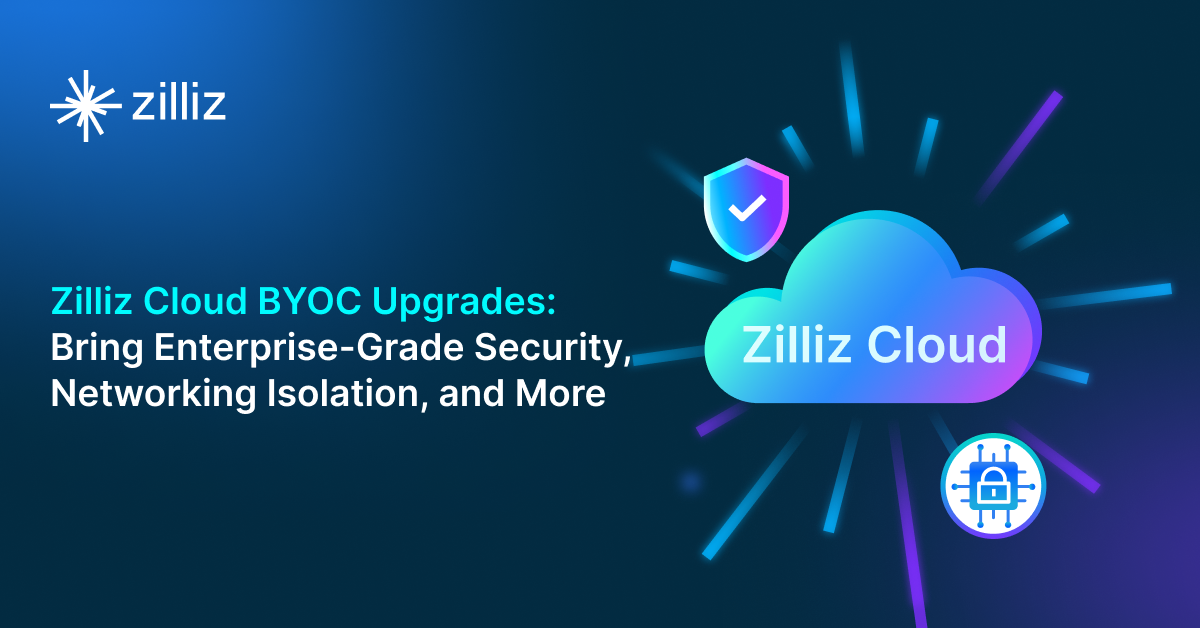Zilliz Cloud Audit Logs Goes GA: Security, Compliance, and Transparency at Scale

As enterprises adopt AI-powered search for mission-critical applications, the demands for security, compliance, and observability have never been higher. To address this, we built Audit Logs for the Zilliz Cloud Data Plane, giving organizations granular visibility into cluster activity, ensuring traceability, and helping them meet regulatory and governance requirements while safeguarding data sovereignty.
Today, we’re excited to announce that the Audit Logs feature is generally available across all Zilliz Cloud clusters on AWS, GCP, and Azure—delivering a production-ready, fully supported solution that strengthens enterprise security and accountability at scale.
Why Audit Logs Matter
For organizations in highly regulated industries such as finance, healthcare, and legal services, maintaining a complete and transparent record of system activity isn’t just best practice—it’s mandatory.
Since its Private Preview launch in March, the Audit log feature has proven its value. Early adopters reported that it helped them pinpoint issues faster, monitor user actions with confidence, and simplify audits.
With GA, enterprises now gain:
Granular visibility into queries, searches, data operations, connection events, and user/role changes
Stronger security by monitoring sensitive operations and detecting unusual activity patterns
Streamlined compliance through audit trails that simplify governance and regulatory reporting
Faster troubleshooting by linking operational issues directly to activity history
This level of observability empowers Security, Compliance, and Audit teams to ensure accountability, strengthen data protection, and safeguard enterprise data sovereignty.
How Audit Logs Work
Behind the scenes, Zilliz Cloud runs an audit log service in the control plane. This service continuously monitors activity in your clusters and records it in near real-time. The logs are then streamed straight into your own cloud storage bucket, giving you full control over retention, integration, and downstream analysis. To be more specific:
Comprehensive log collection – Captures auditable actions including vector searches, index operations, data modifications, connection events, and user/role changes.
Cloud-native integration – Streams logs directly to AWS S3, Google Cloud Storage, or Azure Blob Storage
Cluster-level organization – Stores logs separately per cluster for easier management and integration
Near real-time availability – Delivers logs to your bucket within minutes of the action
From there, you can connect logs to data warehouses (e.g., Snowflake) or SIEM platforms for advanced monitoring, analytics, and compliance workflows.
Note: Audit Logs are available on the Dedicated-Enterprise plan tier or higher. Customers on lower plans can upgrade to enable this feature along with enterprise-level support and SLAs.
👉 For more details, check this audit log doc page.
👉 For pricing information, see the Pricing Guide.
👉 For more details on Zilliz Cloud security and compliance practices, visit the Zilliz Trust Center.
Getting Started with Audit Logs on Zilliz Cloud
Step 1: Log in or sign up
If you’re already a Zilliz Cloud user, log in to your console to explore Audit Logs. New to Zilliz Cloud? Sign up for free and get $100 in credits to try the world’s leading managed vector database.
Step 2: Connect your storage bucket
Link your preferred object storage service (e.g., AWS S3, Google Cloud Storage, or Azure Blob). The bucket and your cluster must be in the same cloud region. See setup guide: Integrate with AWS S3.
Step 3: Enable Audit Log streaming
Turn on Audit Logs in your cluster settings. Once enabled, logs will begin streaming automatically to your storage bucket within minutes of each action. Learn how: Audit Logs.
Step 4: Analyze your logs
Feed audit logs into your preferred tools—whether a data warehouse (like Snowflake) or a SIEM platform—to unlock deeper security insights, automated monitoring, and compliance reporting. For details, refer to Automating Snowpipe for Amazon S3.
Conclusion
With Audit Logs now generally available, enterprises gain a powerful new layer of security, transparency, and governance for their AI search workloads. In addition to Audit Logs, Zilliz Cloud has also introduced other enterprise-ready features such as autoscaling, Milvus 2.6 private preview, and enhanced SSO—further strengthening the platform. (See our launch blog for details.)
Audit Logs are just one part of what makes Zilliz Cloud the leading managed vector database service. Built on Milvus, Zilliz Cloud combines:
Elastic scaling & cost efficiency – One-click deployment, pay-as-you-go pricing, and serverless autoscaling.
Advanced AI search capabilities – Vector, full-text, and multi-vector (sparse + dense) search with metadata filtering, dynamic schema, and multi-tenancy.
Natural language querying – MCP server support for intuitive queries without complex APIs.
Enterprise-grade reliability & security – 99.95% SLA, SOC2 Type II and ISO 27001 certifications, GDPR compliance, HIPAA readiness, RBAC, BYOC, and now Audit Logs.
Global availability – Deployed across AWS, GCP, and Azure with sub-100ms latency worldwide.
Seamless migration – Built-in tools to move from Pinecone, Qdrant, Elasticsearch, PostgreSQL, OpenSearch, or on-prem Milvus.
Together, these capabilities make Zilliz Cloud the most complete and production-ready foundation for enterprise-grade AI applications.
- Why Audit Logs Matter
- How Audit Logs Work
- Getting Started with Audit Logs on Zilliz Cloud
- Conclusion
Content
Start Free, Scale Easily
Try the fully-managed vector database built for your GenAI applications.
Try Zilliz Cloud for FreeKeep Reading

Zilliz Cloud Update: Tiered Storage, Business Critical Plan, Cross-Region Backup, and Pricing Changes
This release offers a rebuilt tiered storage with lower costs, a new Business Critical plan for enhanced security, and pricing updates, among other features.

Legal Document Analysis: Harnessing Zilliz Cloud's Semantic Search and RAG for Legal Insights
Zilliz Cloud transforms legal document analysis with AI-driven Semantic Search and Retrieval-Augmented Generation (RAG). By combining keyword and vector search, it enables faster, more accurate contract analysis, case law research, and regulatory tracking.

Zilliz Cloud BYOC Upgrades: Bring Enterprise-Grade Security, Networking Isolation, and More
Discover how Zilliz Cloud BYOC brings enterprise-grade security, networking isolation, and infrastructure automation to vector database deployments in AWS
